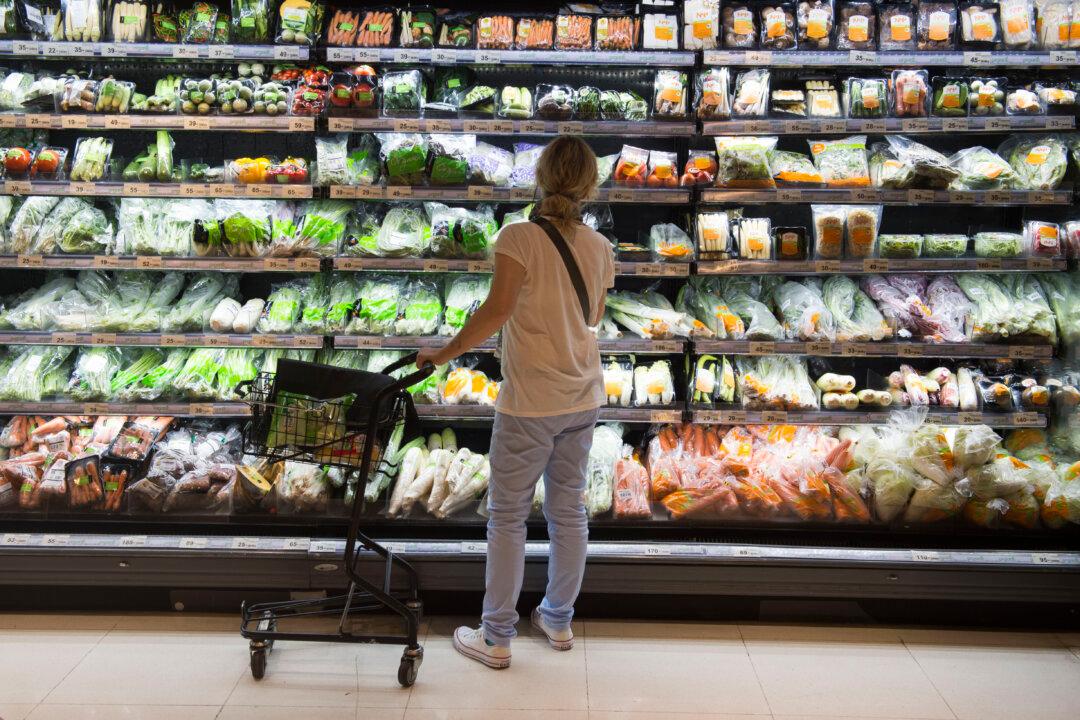A total of 39.4 percent of Canada, or nearly one in five, report they are likely to purchase plant-based food products within the next 6 months, according to a survey conducted by Dalhousie University’s Agri-Food Analytics Lab.
Sylvain Charlebois, director of the Agri-Food Analytics Lab at Dalhousie University whose group performed the study, says the numbers are higher than he expected, but prices of the products remain high.“The market- and plant-based products clearly remain a work in progress, but the price is unsurprisingly the biggest hurdle for the category,” he said.
The cross-country survey, which was conducted in April with 5,507 respondents, examined how Canadians perceive and buy plant-based products following years of “very aggressive marketing campaigning.” The survey found that 34 percent of Canadians had consumed plant-based meat in the last year with 31 percent having done so in the past week, and 20 percent having done so a few times per month.The number of Canadians who ate plant-based meat in the past year was found to be the highest in the provinces of New Brunswick, Nova Scotia (36 percent) New Brunswick (36 percent), British Columbia (36 percent), and Quebec (34 percent). A lower percentage had eaten plant-based meat in the past year in Ontario (34 percent), Alberta (29 percent), Saskatchewan (28 percent), and Prince Edward Island (26 percent), while the lowest number was in Newfoundland and Labrador (23 percent), and Manitoba (22 percent).





